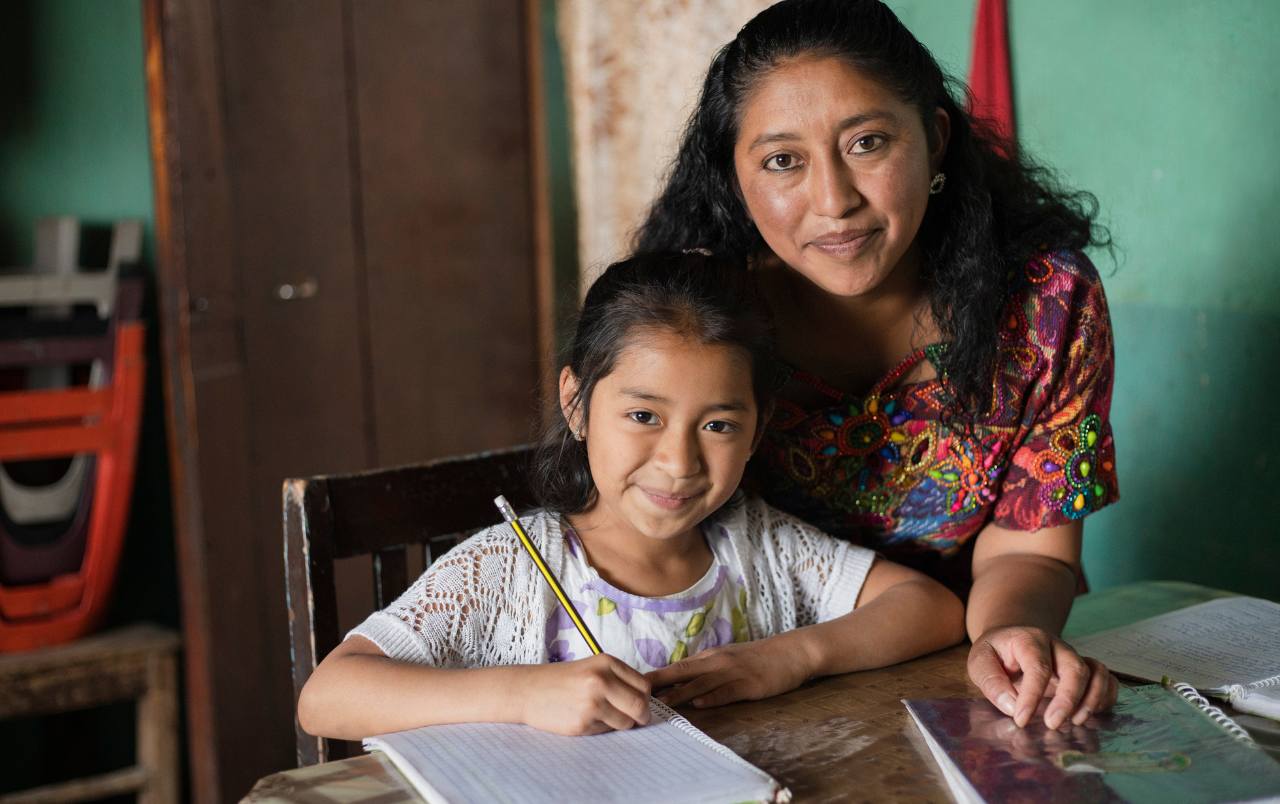It is vital not only to tackle the issue of care itself but also to raise awareness about the need…
Care is a cornerstone of societal development. It encompasses the actions and resources necessary to develop, sustain, and repair human capabilities. This perspective aligns with the growing recognition that care work, often unpaid and carried out within households, is fundamental for individual well-being but also for broader social cohesion. Without investments in care, societies risk depleting their social and economic foundations, as capabilities developed through care are critical for enabling individuals to realise their maximum potential, fostering social bonds and maintaining a productive workforce.
Globally, the undervaluation of care reflects deep-rooted structural challenges, such as the persistent invisibility of unpaid labor in economic measurements and policy debates. Conventional frameworks like the Gross Domestic Product (GDP) or Human Development Index often fail to capture the vital contributions of caregiving, particularly the unpaid efforts predominantly carried out by women. This not only obscures the full scope of societal investments in human development, but also reinforces inequities in how responsibilities and resources are distributed. Recognising care as central to both social reproduction and economic sustainability reinforces the critical role that families play in sustaining human capabilities. These insights advocate for integrating care into macroeconomic accounts and decision-making, ensuring that care work is no longer sidelined in technical and policy debates.
Moreover, care valuation plays a transformative role in addressing gender inequities. Unpaid care work is primarily undertaken by women, and this unequal distribution of labour restricts their economic autonomy and educational opportunities, perpetuating cycles of dependency and inequality. Recognising and integrating care work into policy frameworks, such as through local care systems, helps address these disparities. By investing in care services and infrastructure, societies can support caregiving households, enhance women’s autonomy, and promote sustainable development that prioritises both economic and social well-being.
Beyond the Pact for the Future
In 2025, we mark 30 years since the adoption of the Beijing Declaration and Platform for Action. It will be a pivotal year for securing more solid commitments on advancing the care agenda. The unequal distribution of care responsibilities at the household level is already highlighted as a key obstacle to the full and equal socio-economic empowerment of all women and girls. Debates have since evolved to stress more urgently the need for significant investments in the care economy – as was mentioned in the recently adopted Pact for the Future – and in the development of strong care and support systems that are gender-responsive, age-sensitive, and disability-inclusive.
While the language on care remained limited in the final version of the Pact for the Future, a timeline was put forward for the Secretary-General of the United Nations to deliver a report, proposing additional measures of sustainable development “beyond GDP”. To understand how quality care can be provided to all those who need it, it is important to understand the resources required for this to happen. This is why CIPPEC has been working with Southern Voice over the past few years to develop, over various stages of iteration, an indicator that could measure this.
The Basic Care Basket
The Basic Care Basket (BCB) is a conceptual and methodological tool. It is designed to quantify the resources needed to ensure the adequate caregiving of children and adolescents, without compromising the well-being and economic autonomy of caregivers, particularly women. Developed as an effort to make caregiving visible within economic and social policies, the BCB calculates the monetary value of goods, services, and unpaid labour necessary for caregiving.
This innovative approach bridges gaps in traditional socioeconomic measures, which often neglect the contributions and inequalities associated with care work. The methodology of the BCB integrates data from expenditure surveys, time-use surveys, and demographic data to establish a comprehensive understanding of caregiving investments. For instance, the BCB includes direct costs, such as food, education, and healthcare, alongside the value of unpaid labour.
A 2023 pilot of the BCB in Argentina revealed that families provide 84% of caregiving investments, with women contributing 57% through both paid and unpaid labour. By estimating these costs, the BCB informs policies to provide families adequate support to fulfill their caregiving roles without jeopardising their economic stability, contributing to redistributing caregiving responsibilities and promoting gender equity.
Looking ahead
At the international level, there are a number of opportunities in the coming year to further center questions around care, the resources needed to provide care, and how to fill existing gaps. Beyond the 69th Session of the Commission on the Status of Women, and the various stages of the Beijing +30 review process, this also includes the 4th International Financing for Development Conference in 2025, which may deliver commitments that support developing countries’ ability to strengthen national-and-subnational-level care systems. The World Summit for Social Development, to be held in 2025, also presents an important opportunity to advance the agenda.
Through these and similar spaces, Southern Voice and partners will work to further integrate the design of strong care systems into other processes of transformation, and ensure that the resources to deliver quality care to all are unlocked. The intersection of care with other key global concerns such as the climate crisis, conflict, and health emergencies such as the COVID-19 pandemic, also means that we must continue to advocate for care in spaces that are not exclusively gender-focused. This comprehensive approach to building and reforming the global care economy is crucial to ensure that the new social contract properly values the contributions of the household unit, and especially of women, towards the economic and social wellbeing of societies and ensuring future generations’ stability.


